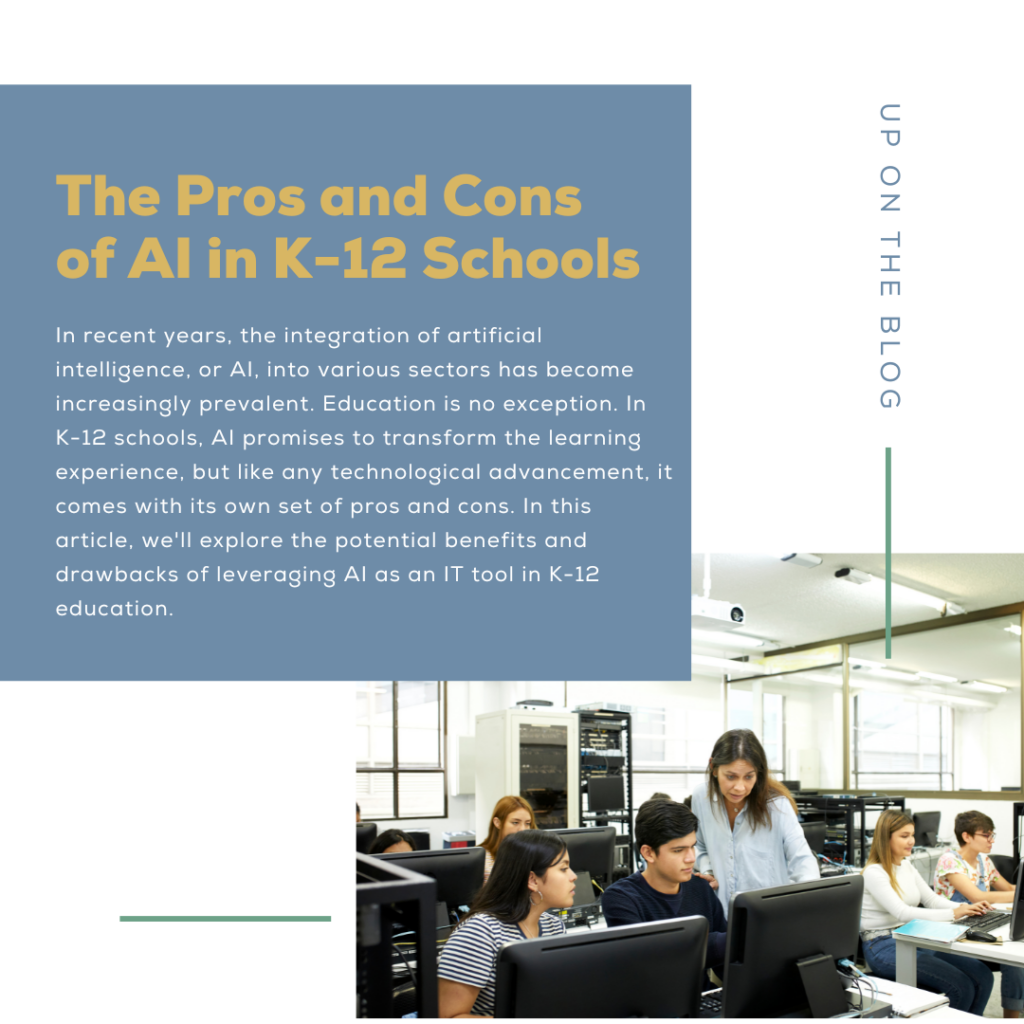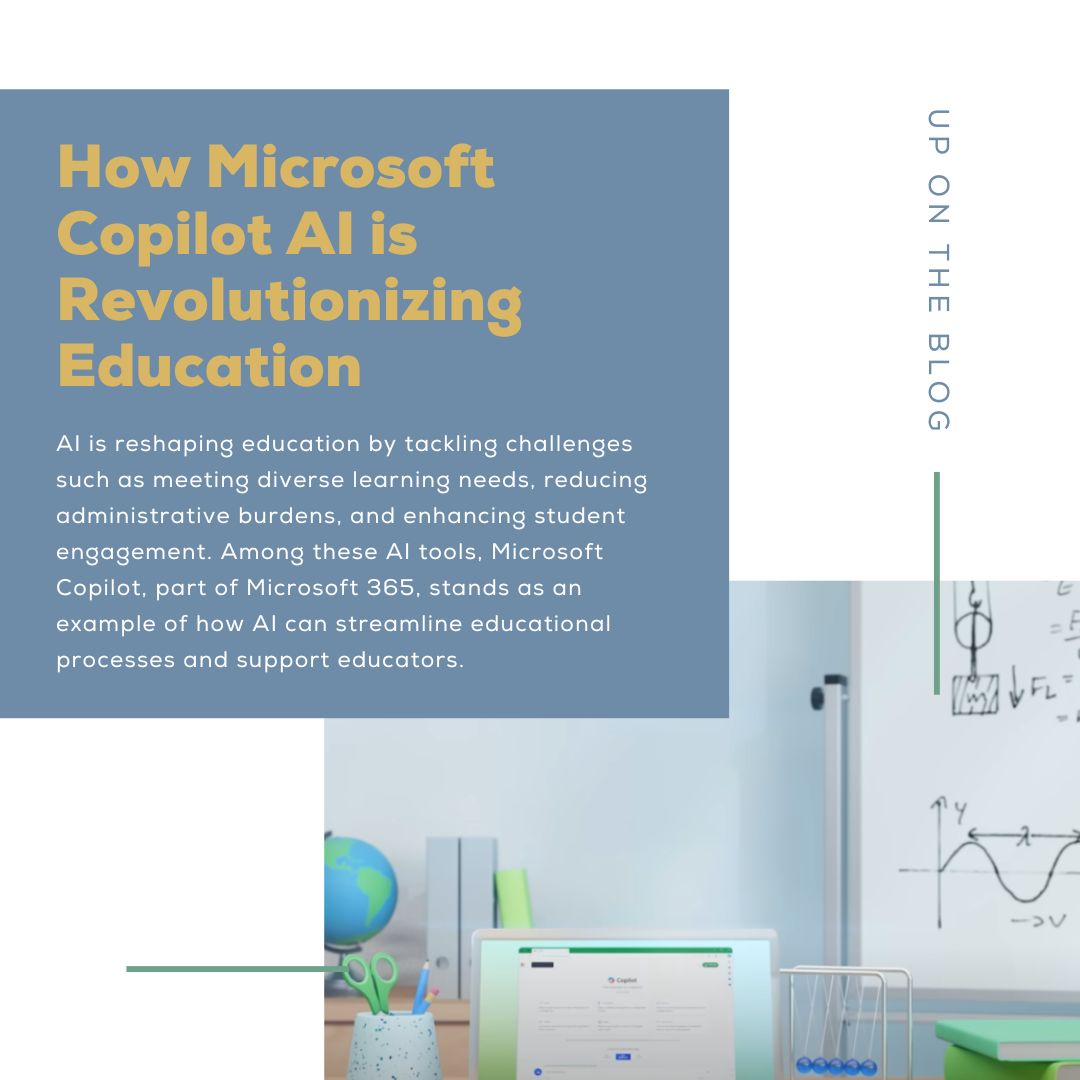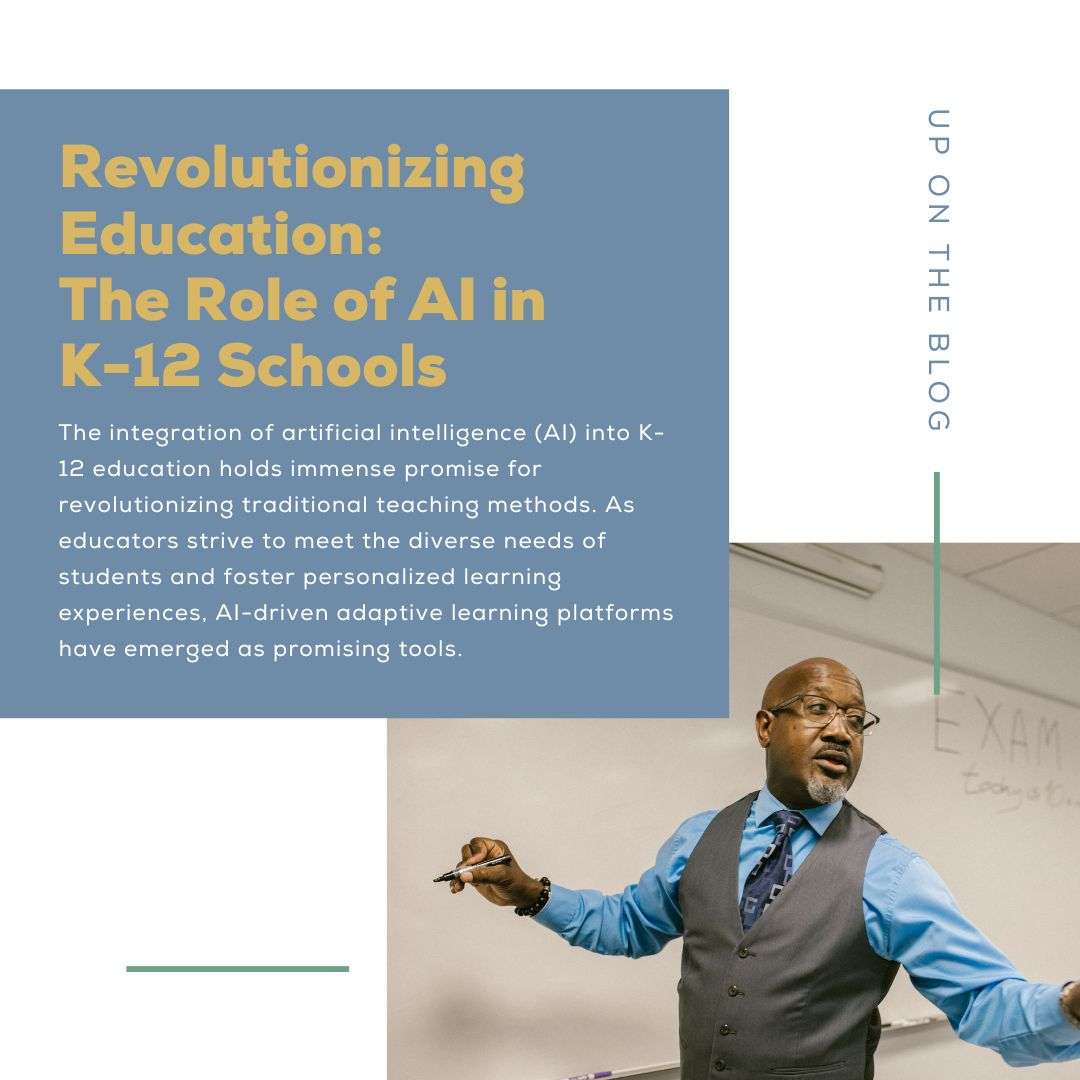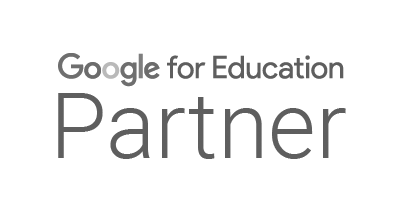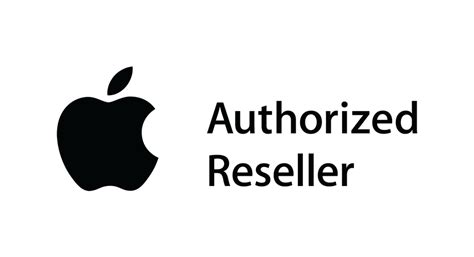In recent years, the integration of artificial intelligence, or AI, into various sectors has become increasingly prevalent. Education is no exception. In K-12 schools, AI promises to transform the learning experience, but like any technological advancement, it comes with its own set of pros and cons. In this article, we’ll explore the potential benefits and drawbacks of leveraging AI as an IT tool in K-12 education.
Pros:
Personalized Learning:
AI can adapt to the unique learning styles and abilities of individual students. By analyzing student performance and preferences data, AI systems can tailor educational content to meet each student’s needs, providing a more personalized learning experience.
Enhanced Student Engagement:
AI-powered tools often incorporate interactive and engaging elements, such as gamified learning modules and virtual simulations. These features can captivate students’ attention, making the learning process more enjoyable and effective.
Efficient Administrative Processes:
AI can streamline administrative tasks like grading, scheduling, and resource allocation. This efficiency allows educators to focus more on teaching and mentoring, ultimately improving students’ and teachers’ overall educational experience.
Early Intervention for Learning Challenges:
AI algorithms can identify patterns indicative of learning difficulties or gaps in understanding. Early detection of these challenges enables timely intervention, ensuring that students receive the necessary support to overcome obstacles in their academic journey.
Resource Optimization:
AI can analyze data to optimize resource allocation, helping schools make informed decisions about staffing, budgeting, and infrastructure development. This process can lead to more effective use of resources and improved educational outcomes.
Cons:
Privacy Concerns:
One of the main concerns with AI in schools is the potential invasion of student privacy. Collecting and analyzing student data raises ethical questions about who has access to this information and how it is used, necessitating stringent policies to protect students’ privacy rights.
Equity Issues:
Not all schools have equal access to advanced technology, creating a digital divide. Schools with limited resources may struggle to implement AI tools, exacerbating existing disparities in educational opportunities between students from different socioeconomic backgrounds.
Overreliance on Technology:
Depending too heavily on AI tools may diminish the importance of human interaction in education. Effective teaching involves more than just disseminating information but also cultivating critical thinking, creativity, and social skills, which AI cannot fully replace.
Costs and Implementation Challenges:
Implementing AI in K-12 schools requires significant financial investment for infrastructure, training, and maintenance. Additionally, integrating AI seamlessly into the existing curriculum poses logistical challenges that may hinder successful implementation.
Bias in Algorithms:
AI algorithms are only as unbiased as the data on which they are trained. If the training data contains biases, the AI system may perpetuate and amplify existing inequalities. Ensuring fairness and addressing biases in AI models is a complex and ongoing challenge.
The integration of AI as an IT tool in K-12 schools holds tremendous potential to revolutionize education, but it comes with its share of challenges. Striking a balance between leveraging AI for its benefits and addressing its drawbacks requires thoughtful planning, comprehensive policies, and ongoing evaluation. As technology continues to evolve, it is crucial for educators, policymakers, communities, and technology vendors to collaborate in order to harness the power of AI responsibly and ensure an inclusive and equitable educational landscape for all students.
If your K-12 school is curious about the potential of AI in the classroom and is looking for guidance for this new frontier, Technology Lab can help. We provide simplified IT solutions for K-12 schools emphasizing cyber-security and sustainability. If you’re interested in integrating AI into your long-term, scalable technology strategies, our experienced and dedicated technology advisors will gauge an in-depth understanding of your school’s specific technology needs and help you drive results for your school. Contact Technology Lab today for a Free Discovery Call to see how we can help your school with all things technology, AI included.

